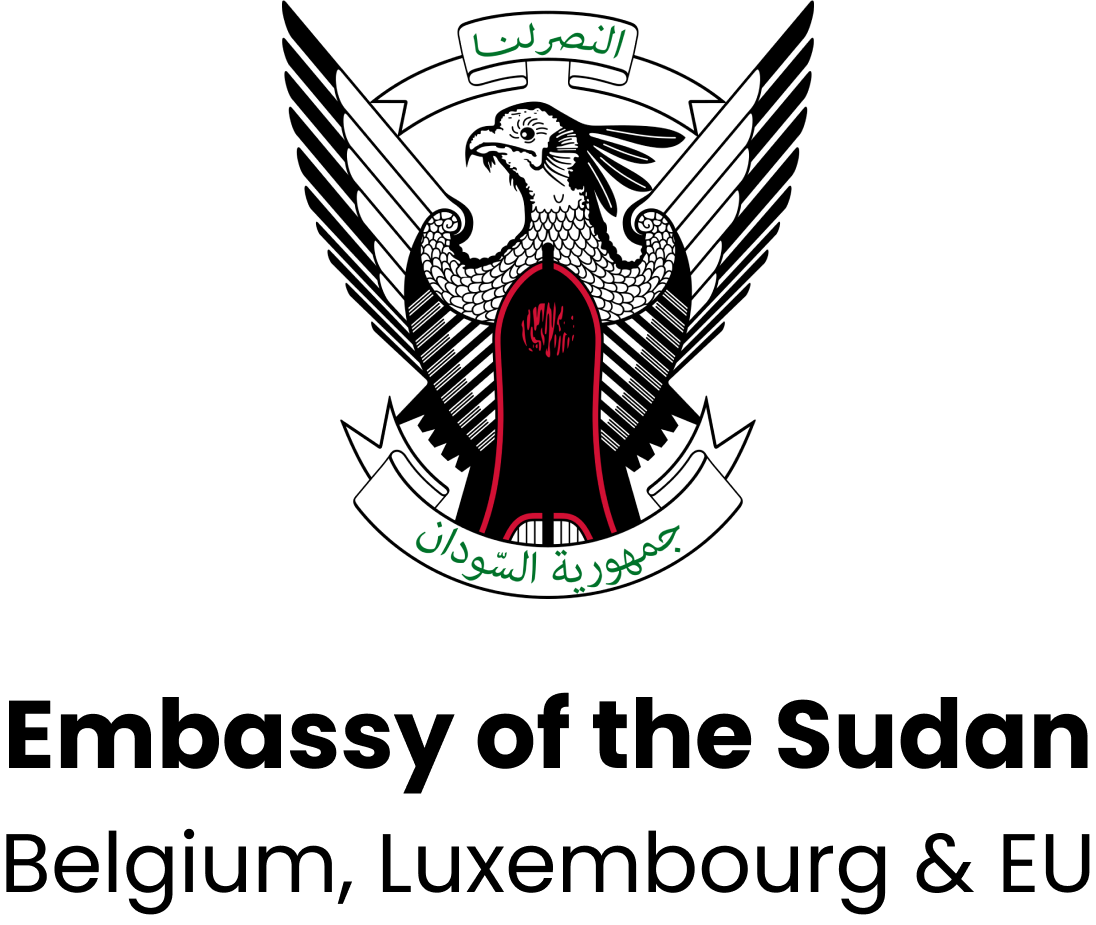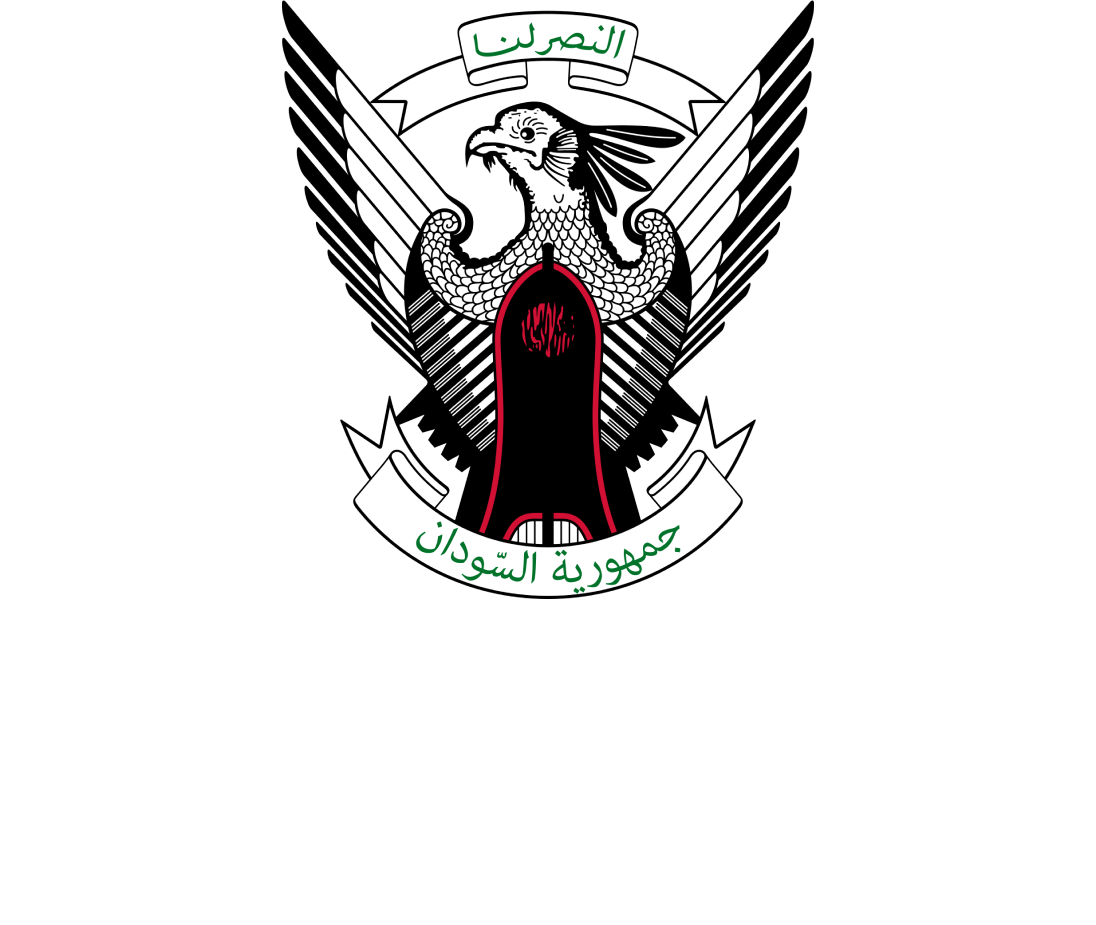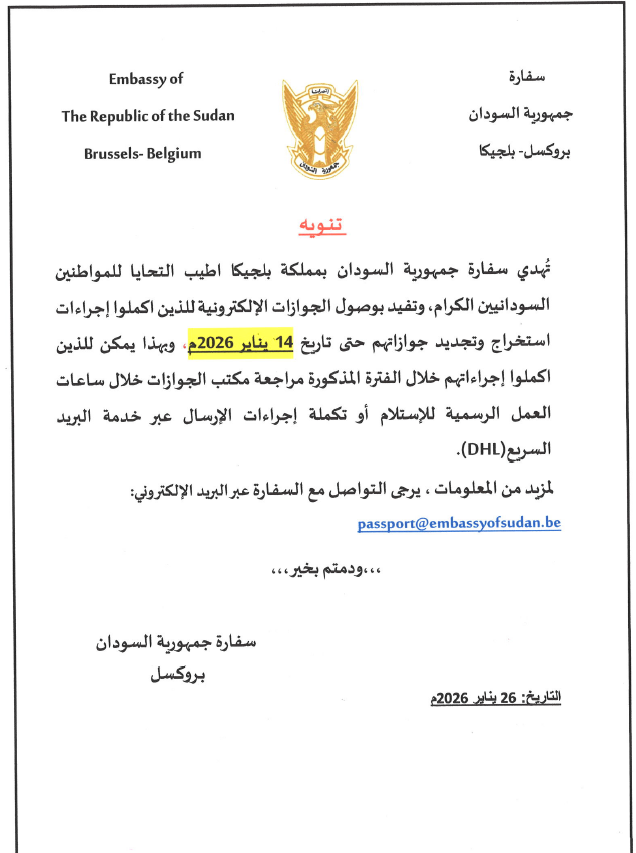Bilateral relations
Sudan was among the early countries to establish diplomatic relations with the European Union dated back to 1975. The Embassy of the Republic of the Sudan in brussels represents the EU, while the EU is represented in Sudan by a fully accredited diplomatic mission. Sudan has an excellent history of bilateral cooperation with EU institutions and its Member States in crucial issues and vital areas, which includes inter alia; fighting against terrorism, illegal migration, human trafficking and people smuggling, peace and regional stability, climate change, cybercrime and money laundering. Sudan considers the EU as a vital and strategic partner to achieve sustainable development, prosperity, democratization and regional stabilization. The EU is presenting a political and humanitarian aid to support Sudan’s path towards a fair and just election by the end of the current transitional period.
Security cooperation
Khartoum process
(EU-Horn of Africa Migration Route Initiative) the initiative has been launched in Rome - 28th November 2014 during a Ministerial Conference of the Ministers of the following countries: Austria, Belgium, Bulgaria, Croatia, Cyprus, Czech Republic, Denmark, Djibouti, Egypt, Eritrea, Estonia, Ethiopia, Finland, France, Germany, Greece, Hungary, Ireland, Italy, Kenya, Latvia, Lithuania, Luxembourg, Malta, Netherlands, Poland, Portugal, Romania, Slovakia, Slovenia, Somalia, South Sudan, Spain, Sudan, Sweden, Tunisia and United Kingdom, and the European and African Union (AU) Commissioners in charge of migration and development, as well as the EU High Representative/Vice-President of the European Commission, in the presence of Norway and Switzerland. The Declaration of the Ministerial Conference of the Khartoum Process (Pdf)
The Process main’s objective is to develop and create links and cooperations between the affected countries along the migration route between the Horn of Africa and Europe. Given its geographic location at the croisade between the East and West of Africa Sudan is the among the largest affected country in Africa from the illegal migration, therefore, Sudan is keen to cooperate with the EU institutions, its Member States and all stakeholders in multilateral or bilateral ways and means to address the issues of trafficking in human beings and the smuggling of migrants.



